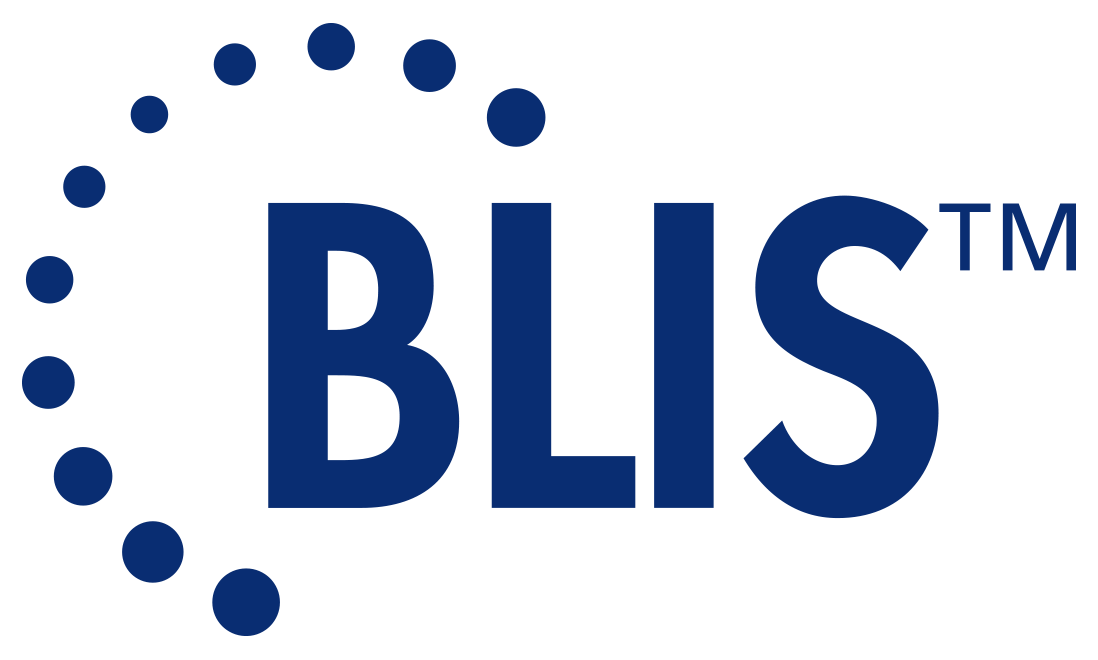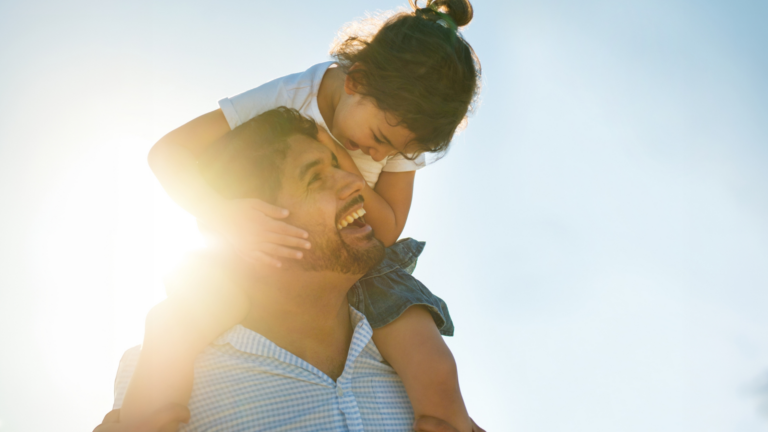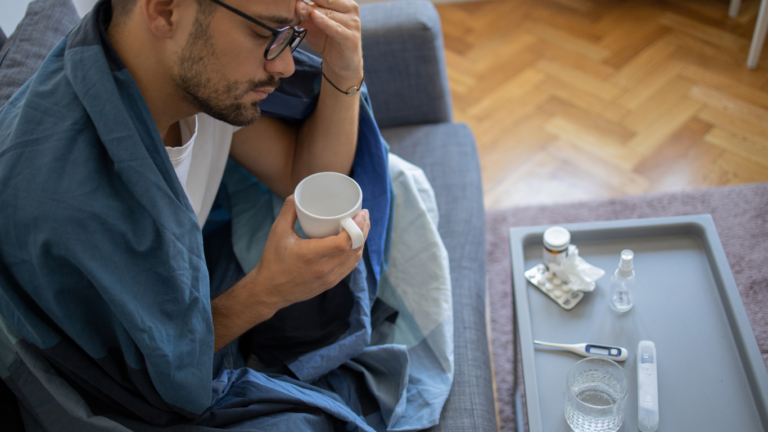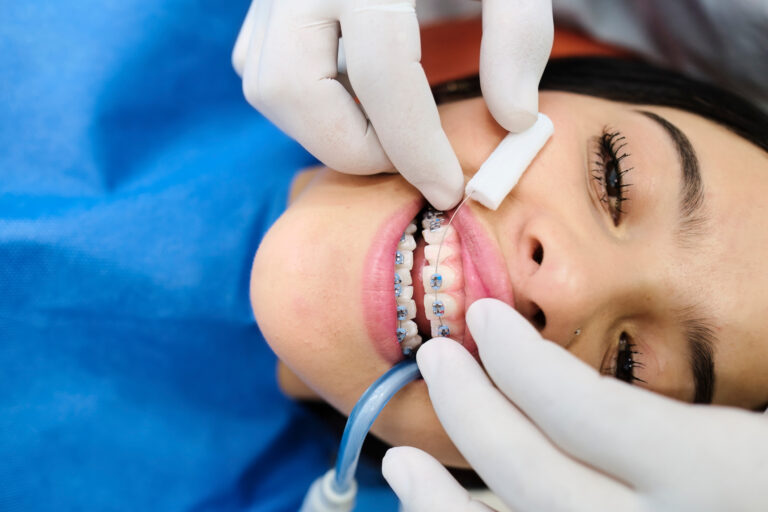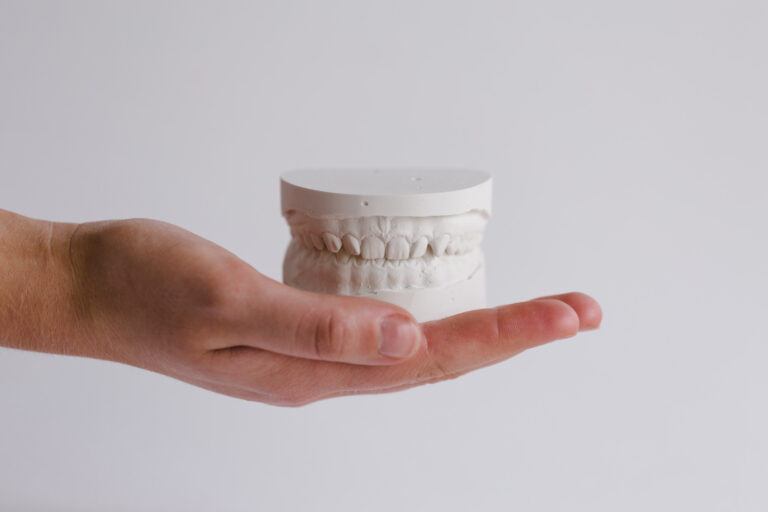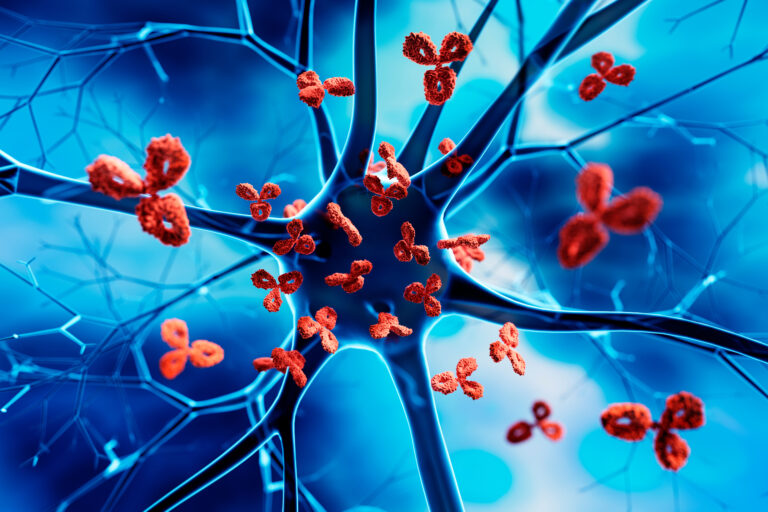Scientific innovation is a team effort, and at BLIS, we’re proud to have a diverse group of scientists driving our research forward. In recognition of International Day of Women and Girls in Science (February 11), we’re taking a moment to highlight some of the talented women in our team and the impact of their work.
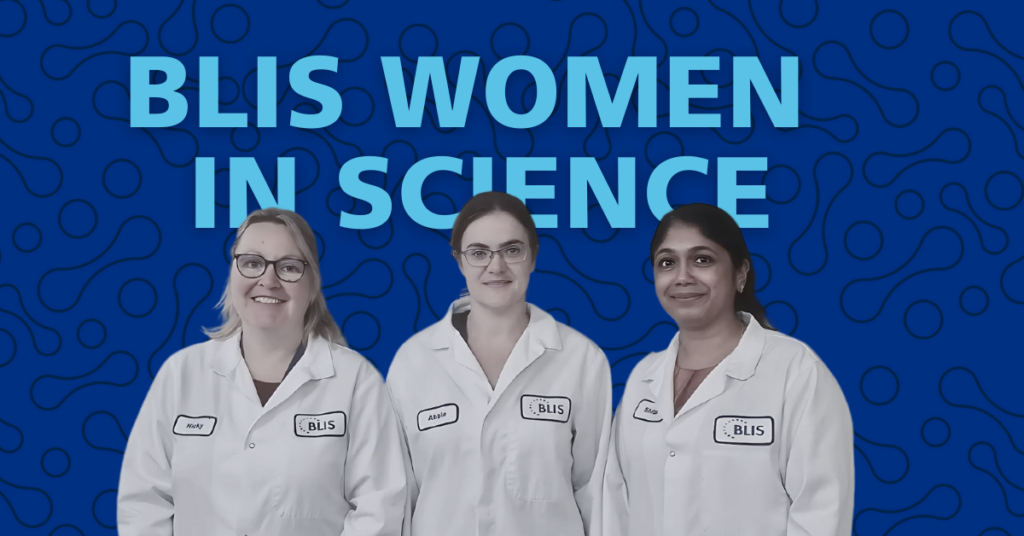
From cutting-edge research to sustainable lab initiatives, their contributions are helping to shape the future of probiotics. We spoke to three team members about their career paths, the challenges they’ve navigated, and their advice for the next generation of scientists.
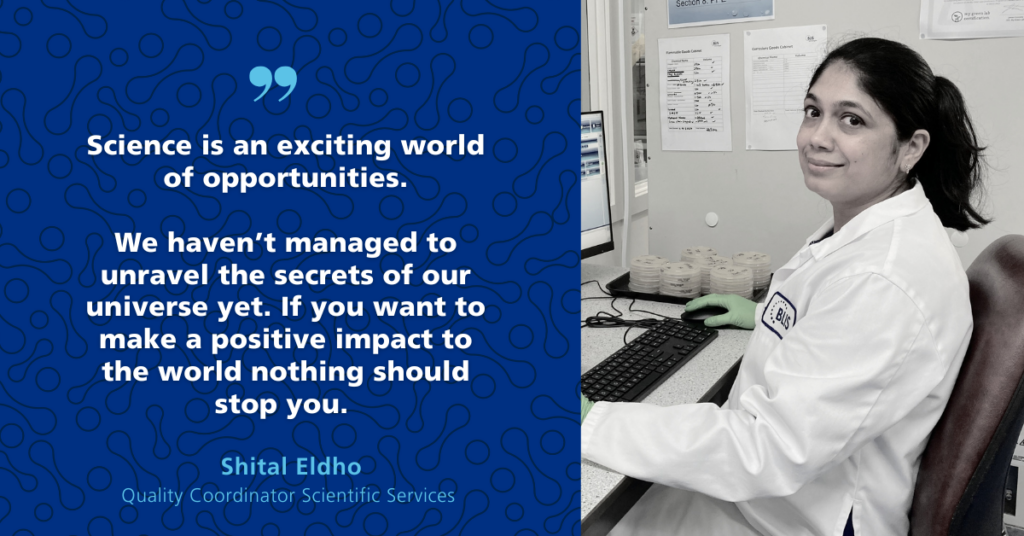
Q: What inspired you to pursue a career in science?
SE: I enjoyed learning Science from High School. It was one of my favourite subjects. I used to admire people wearing white lab coats in the lab and doing experiments. I thought that’s pretty cool. The word “Scientist” always fascinates me and makes me feel proud.
After finishing High School, I was not sure what I wanted to do next. Genetics was my favourite, and I heard about “Dolly” (the first mammal that was cloned from an adult stomatic cell).
I wanted to do something similar and create something new to become a scientist. I wanted to pursue genetic engineering. Unfortunately, that was not an option in my hometown at that time. So I took Microbiology/Biotechnology which is similar. My very first project was working on “Recombinant DNA Technology – Genetic Manipulation of Tobacco Plant with Green Fluorescence Protein (GFP) gene through Agrobacterium mediated transformation”.
Q: What’s the most exciting or impactful project you’ve worked on at BLIS, and why?
SE: I joined BLIS Technologies in 2012 and was very fortunate to work with Dr Philip Wescombe on the Persistence trial: “Comparison of oral persistence of the probiotic BLIS K12 when delivered in different formats consisting of Lozenges, Chewing Gum, Mouthwash, Flavoured Milk, Dr Milk, Ice cream, Yoghurt and Frozen Yoghurt”.
This project gave me so much insight on the concept of “probiotics” – friendly oral bacteria that can be beneficial for human health.
Q: What challenges have you faced as a woman in science, and how have you overcome them?
SE: As a woman working in science, I’ve never had to face any challenges so far. But as a full-time working mum, I had to overcome challenges for work-life balance. This was only possible by the support of my employer (BLIS) giving me flexibility in work time. A huge thanks sincerely to my reporting managers and colleagues for your help throughout these years. Also I am thankful for the support from my family, parents, and friends.
Q: What advice would you give to young women considering a career in science?
SE: Science is an exciting world of opportunities to explore. We haven’t managed to unravel the secrets of our universe yet. If you see science as fascinating and want to make a positive impact to the world, nothing should stop you. Patience and perseverance are the key to success. Science cannot be solved immediately. The word “repeat” is something that you will see mostly every day.
Sometimes it will take many “repeats” to complete a single experiment, at least from my experience. All the very best to you all!

Q: What inspired you to pursue a career in science?
AV: I have loved science from a young age and was inspired by my grandfathers who both worked in industries within the science field, with one working in healthcare and the other horticulture. They both had great passion for what they did and it seemed destined I would follow in their footsteps.
Q: What’s the most exciting or impactful project you’ve worked on at BLIS, and why?
AV: The work we have done on the M. luteus BLIS Q24™ skin serum has been one of the most rewarding projects for me thus far. I started working on this project early on in my BLIS career and helped progress this from the first steps until a safe efficacious product was the result. Probiotics for skincare is in its infancy and developing one of the world’s first room-temperature, shelf-stable live probiotic skin products has been extremely challenging but equally rewarding.
Q: What challenges have you faced as a woman in science, and how have you overcome them?
AV: I think my biggest challenge was trying to work out what to study at university and what I actually wanted to do as a career. I started out with first year health science knowing I wanted a career in a health-related industry. The variety in this course allowed me to focus into microbiology and epidemiology as two of my favourite aspects of the course. I completed my BSc in Microbiology and went directly into the workforce. I got really lucky with my first couple of jobs in the food industry which covered multiple disciplines including microbiology, chemistry and quality. This broad knowledge base gathered early in my career lead to BLIS Technologies where I have been for almost 10 years.
Q: What advice would you give to young women considering a career in science?
AV: Don’t be afraid to if you’re not sure exactly where you want go with your career. Dip your toe in with a first year course, an entry job, or an internship and find where your passion lies, (or doesn’t).
Failure can teach you more than success. It often takes a series of experiments that don’t work, adjustments and redo’s before the answer is discovered.

Q: What inspired you to pursue a career in science?
NJ: Initially, I wanted to be a veterinary nurse because I was passionate about animals—I was a keen horse rider and loved being around them. That didn’t work out, but I always had a strong interest in biology. Becoming a Lab Technician appealed to my practical, hands-on nature—I knew a desk job wasn’t for me!
At 16, growing up in England, I left school and was lucky to land an apprenticeship in a lab training scheme. Over two years, I rotated through different labs, which exposed me to various fields of science. That’s when I first encountered bacteria—and I was hooked! I originally wanted to work in a bacteriology lab but ended up in tissue culture. My employer supported my education, first through a Certificate in Sciences and then a National Certificate in Science, which made securing a full-time job much easier.
Throughout my career, I’ve continued studying, with all my further education funded by my employers. One of my biggest opportunities was being one of three women sponsored to complete a science degree. When I first left school, I hadn’t considered higher education, but going back as a mature student was an advantage—I had a clear career path and a strong motivation, especially knowing my employer was investing in me.
Q: What’s the most exciting or impactful project you’ve worked on at BLIS, and why?
NJ: Two projects stand out. First, the research and development of our Synbiotic IP/patent. It was an exciting challenge—working on something new, running diverse experiments, and using my problem-solving skills to figure out different ways of conducting research. The variety of work kept it engaging, and having my name on a patent was exciting too!
Second, I initiated the My Green Lab certification for our lab—the first in New Zealand to achieve this. This was a particularly meaningful project for me because I’m passionate about sustainability, and labs generate a huge amount of waste. Knowing I played a role in making our lab more environmentally responsible was personally fulfilling.
Q: What challenges have you faced as a woman in science, and how have you overcome them?
NJ: I’ve been fortunate not to face any significant challenges as a woman in science. Work-life balance has been manageable, and I had no trouble finding part-time roles while raising young children. Both academia and commercial science have offered flexibility, though I’d say the commercial sector comes with more pressure—but also the reward of seeing your work turn into real-world products. It’s about having a job that makes you think what you do matters. I might not be helping animals but I am helping people!
Q: What advice would you give to young women considering a career in science?
NJ: Just give everything a go! Get as much hands-on experience as you can, because often it’s about being in the right place at the right time—but you need to be open to new experiences for those opportunities to arise.
Also, don’t be afraid to study later in life or change direction. There are huge advantages to being a mature student—you have more focus, a clearer sense of purpose, and often, employer support. My career has evolved through different roles and projects, but each experience has built a strong foundation of skills and knowledge that I can apply anywhere.
